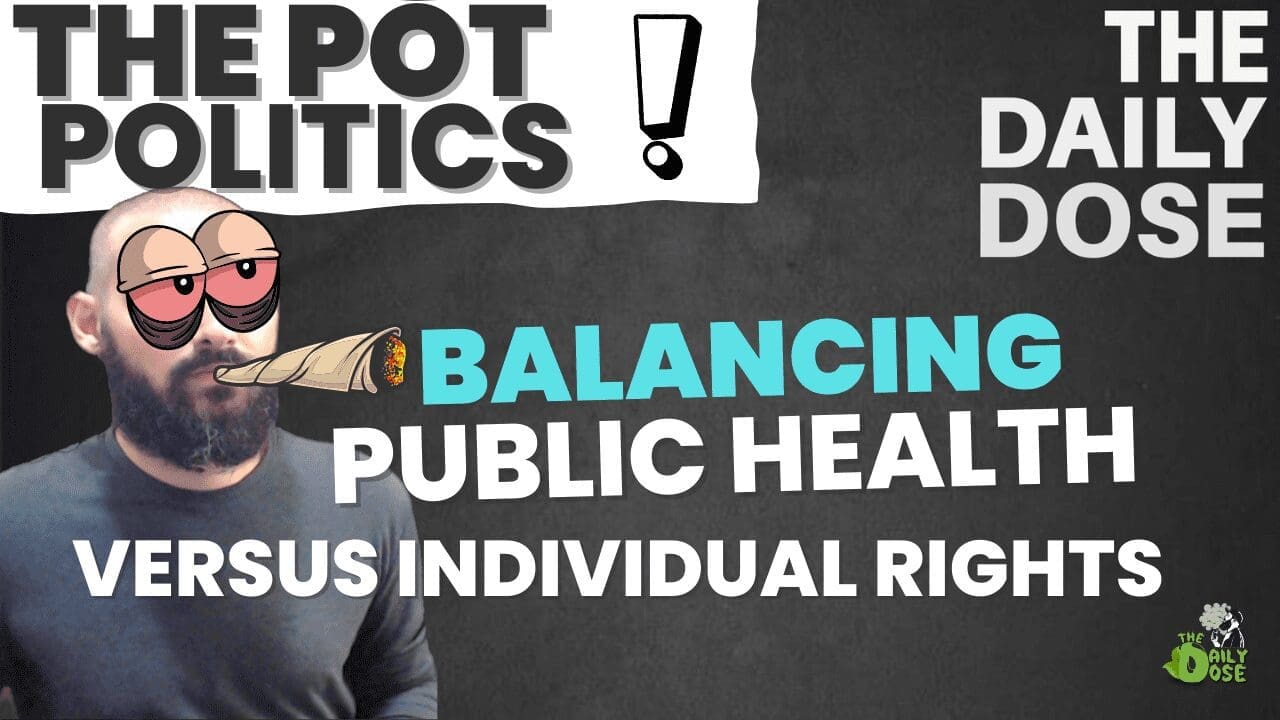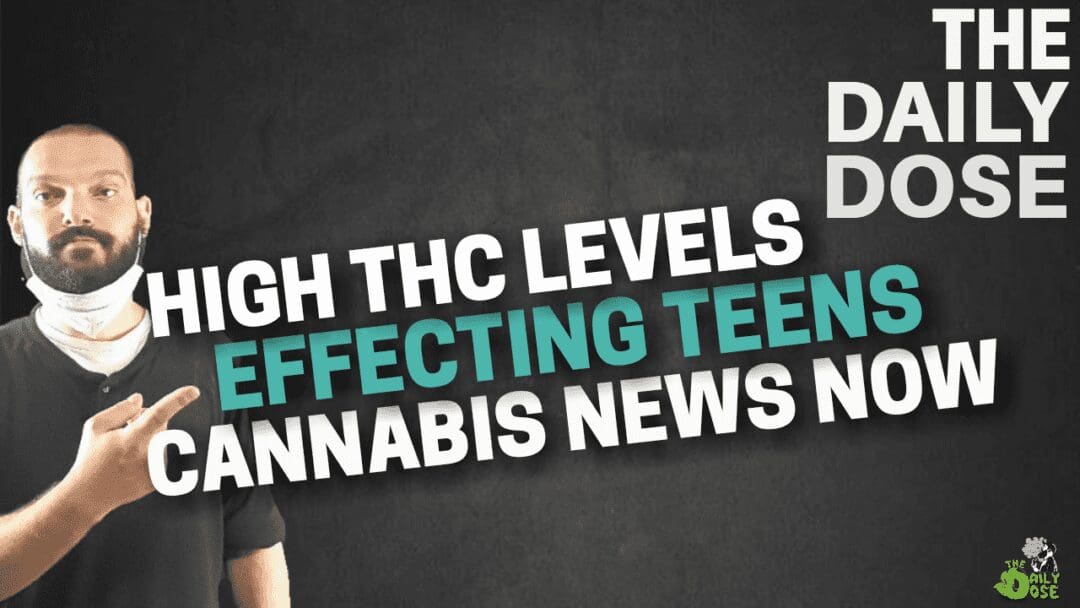Table of contents
Pot Politics Balancing Public Health V.S. Individual Rights
The legalization of cannabis has been a hot topic of debate around the world for several years. While some countries have legalized it for both medical and recreational use, others have only legalized it for medicinal purposes, and some still consider it illegal.
The legalization of cannabis raises questions about the ethics of cannabis politics, particularly in balancing public health concerns with individual rights. This article aims to explore the various aspects of the ethics of cannabis politics.

Public Health Concerns:
Cannabis use can have both short-term and long-term effects on public health. Short-term effects include impaired driving, increased heart rate, and cognitive impairment. Long-term effects include addiction, mental health problems, and respiratory issues.
As such, policymakers need to consider the potential impact of cannabis legalization on public health. Some ways in which public health concerns can be addressed include:
- Age restrictions: Policymakers can set age restrictions on the purchase and use of cannabis to minimize the impact of cannabis on young people, whose brains are still developing.
- Labeling: Labels on cannabis products can provide information about dosage and potential side effects to help users make informed decisions.
- Education: Public education campaigns can raise awareness about the risks associated with cannabis use and promote safe usage practices.
Individual Rights And The Pot Politics:
The legalization of cannabis is also an issue of individual rights. Supporters argue that individuals should have the right to make their own decisions about their bodies and what they put into them.
However, opponents argue that the use of cannabis can have a negative impact on not only the individual but also on society as a whole. Some ways in which individual rights can be protected include:
- Legalization: Legalizing cannabis can protect individuals from legal consequences for using it.
- Personal cultivation: Allowing individuals to grow their own cannabis can provide them with a sense of autonomy and control over what they consume.
- Privacy: Ensuring that individuals’ privacy is protected when they consume cannabis can prevent stigmatization and discrimination.

Conclusion The Pot Politics:
The ethics of cannabis politics are complex, and policymakers must balance public health concerns with individual rights. While the legalization of cannabis can have significant benefits, policymakers must also consider the potential negative impacts on public health.
Ultimately, a balanced approach that addresses both public health concerns and individual rights is necessary to ensure that the legalization of cannabis is ethical and sustainable. By considering both perspectives, policymakers can create a regulatory framework that promotes responsible cannabis use while protecting the health and rights of individuals and society as a whole.
FAQs
Based on the rate of acceptance nationwide, cannabis is quickly becoming the leader for adult recreational relaxation products. Treating it similar to alcohol is probably the most likely outcome and considering it’s associated with far less self harm, crime, addiction, property damage, deaths etc it would be safe to say that the public health related concerns aren’t too serious.
Sources:
- NIH: Personal Rights
Related Articles:
Meet The Author





